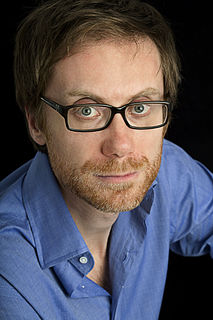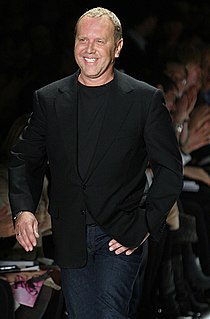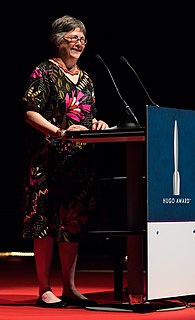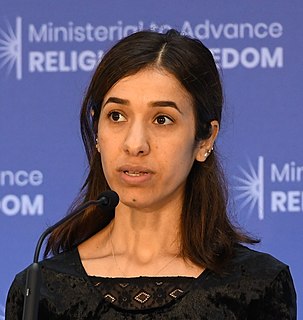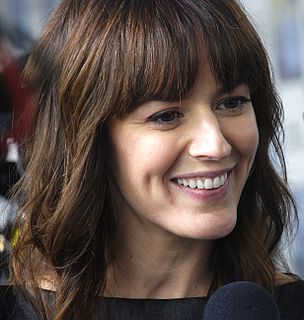A Quote by Stephen Merchant
I have experienced bad dating and ineptitude with women all across the globe, from Vietnam to Paris. When I was 21, women were an enigma; they were this code that had to be cracked. They were 'The Other.' I have often thought writing this stuff into stand-up and shows would be an exorcism, but it hasn't been; it makes no difference.
Related Quotes
When you talk to women who were working as print journalists or in broadcasting in the '50s, and then you talk to women who were working in the late '60s, there's an enormous difference. There had already been a huge transition. Then, of course, you get well into the '70s and there were women with children working.
It just struck me as really odd that there were all of these conversations going on about what young women were up to. Were young women having too much sex? Were young women politically apathetic? Are young women socially engaged or not? And whenever these conversations were happening, they were mostly happening by older women and by older feminists. And maybe there would be a younger woman quoted every once in a while, but we weren't really a central part of that conversation. We weren't really being allowed to speak on our own behalf.
Back in the days when men were hunters and chest beaters and women spent their whole lives worrying about pregnancy or dying in childbirth, they often had to be taken against their will. Men complained that women were cold, unresponsive, frigid... They wanted their women wanton. They wanted their women wild. Now women were finally learning to be wanton and wild - and what happened? The men wilted.
I was a young feminist in the '70s. Feminism saved my life. It gave me a life. But I saw how so much of what people were saying was not matching up with what they were doing. For example, we were talking about sister solidarity, and women were putting each other down. We were talking about standing up for our rights, and women weren't leaving abusive relationships with men. There were just so many disconnects.
There were the days when women were under contract, and they were thought of as a commodity, so they hired the best writers and a lot of them were women at the time. This was in the thirties and forties, to make product for the people who were under contract, who were their assets to the studios. But that doesn't exist anymore - and as a result, the people who are in the industry write products that interest them.
When I look in the mirror I see the woman I knew I wanted to be as a child. When I was a young girl, I had a vision of the woman I wanted to be. And I often reached out to women of color in America for inspiration. My mother would regularly buy Essence and Ebony. I would look at those magazines filled with images of professional, intelligent women of color who knew who they were, who enjoyed who they were, and who were surrounded by other people who enjoyed who they were. When I look in the mirror, I'm really glad that that's what I see today, but it took awhile to get here.
I thought you wanted to date other women?" "I didn't want to date other women. We decided in the heat of the moment that were no longer exclusively attached." "And I could date other men." Morelli was starting to look annoyed. "Have you been dating other men?" "Maybe." "As long as it isn't Ranger," Morelli said. "I don't think Ranger dates.
The women all had big minds because they were big animals, but they didn't use them for this reason: unusual ideas could make enemies and the women, if they were going to achieve any sort of comfort and safety, needed all the friends they could get. So, in the interest of survival they trained themselves to be agreeing machines. All their minds had to do was to discover what other people were thinking and then they thought it too.
I started a writing class, not in service of writing a script or writing anything specific. I've just really been enjoying that, and oddly the group, not by design, but it just happened to be all women, and there were three women who gave birth this fall while we were all in class, and there's just something really great about getting to know these women through their stories and what they're writing about.
